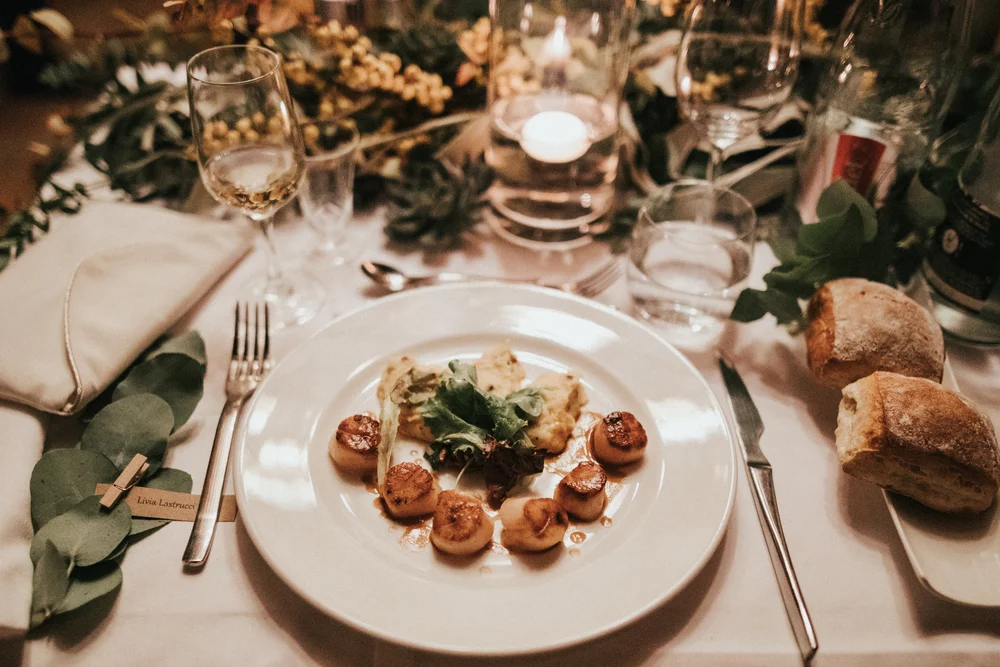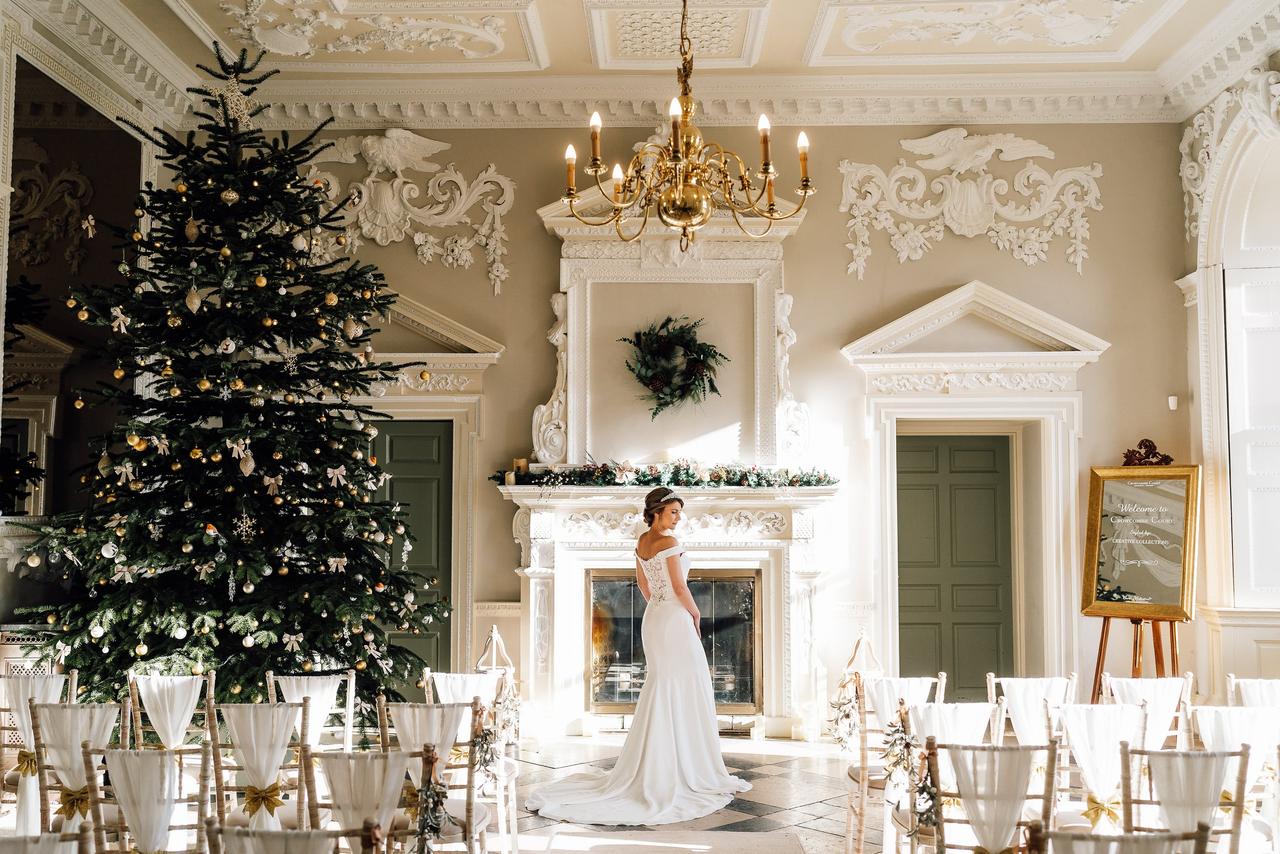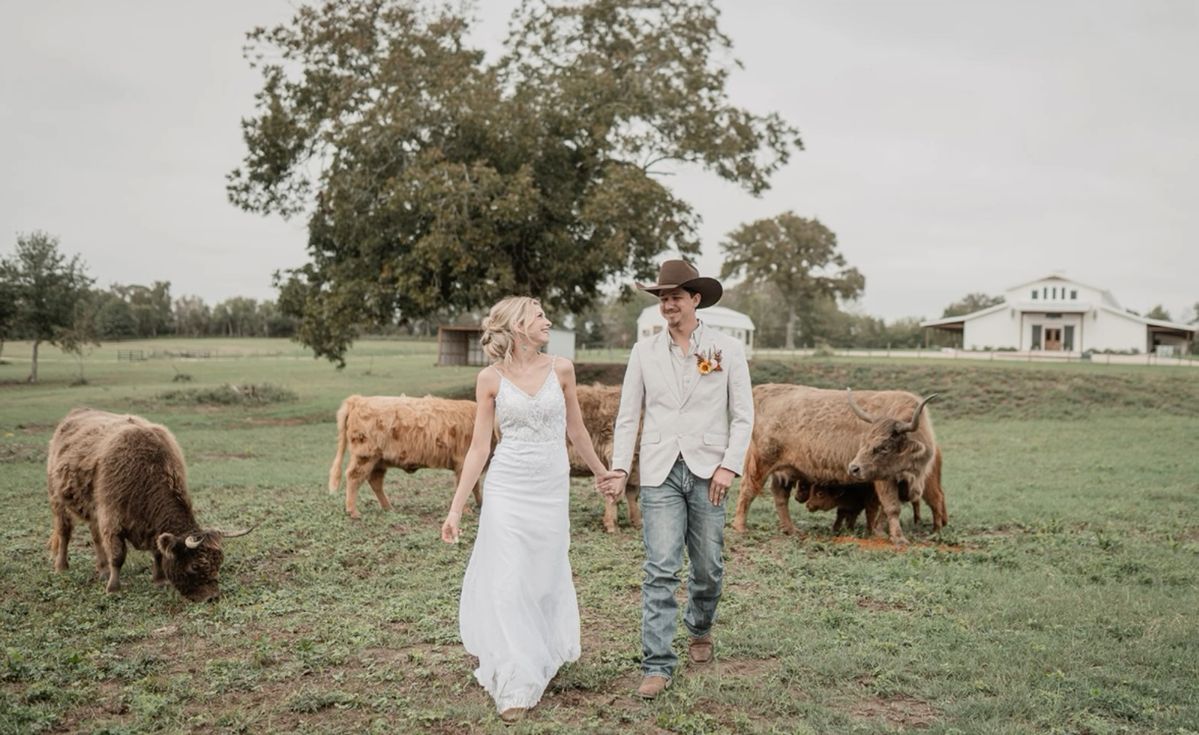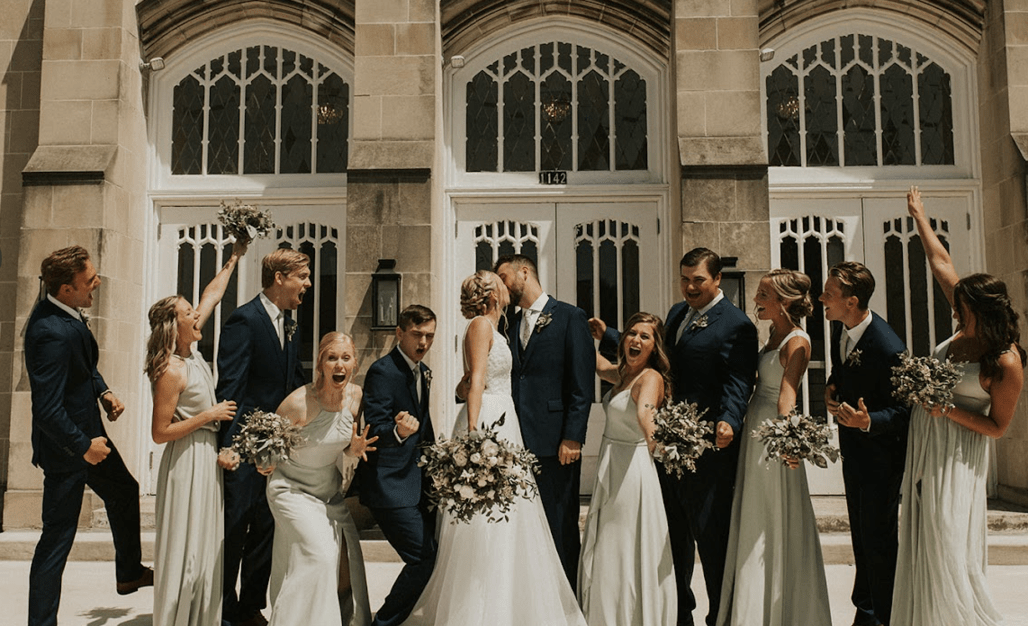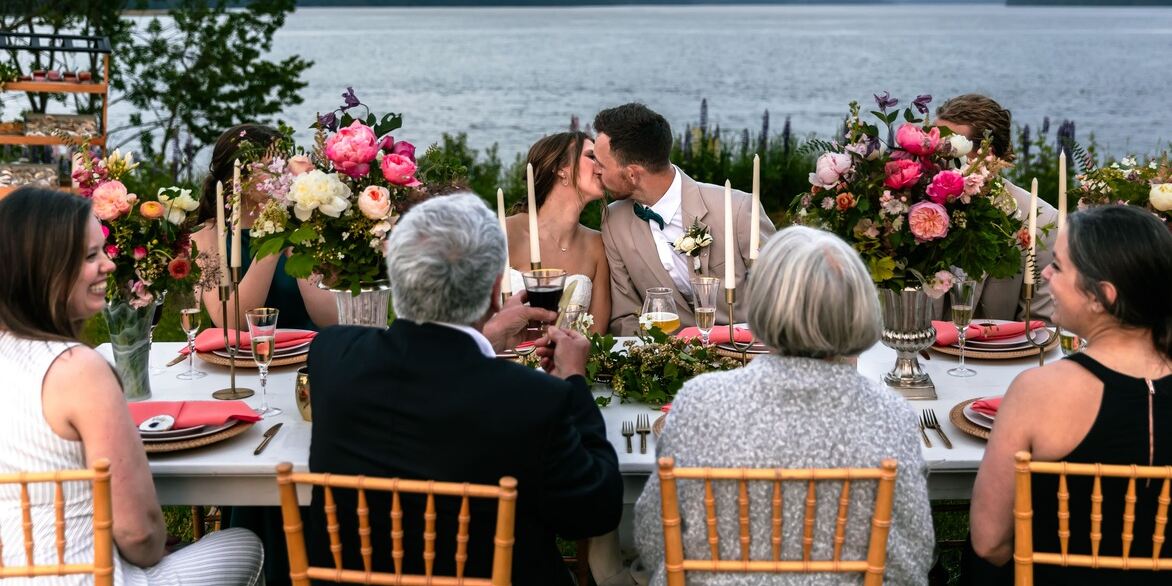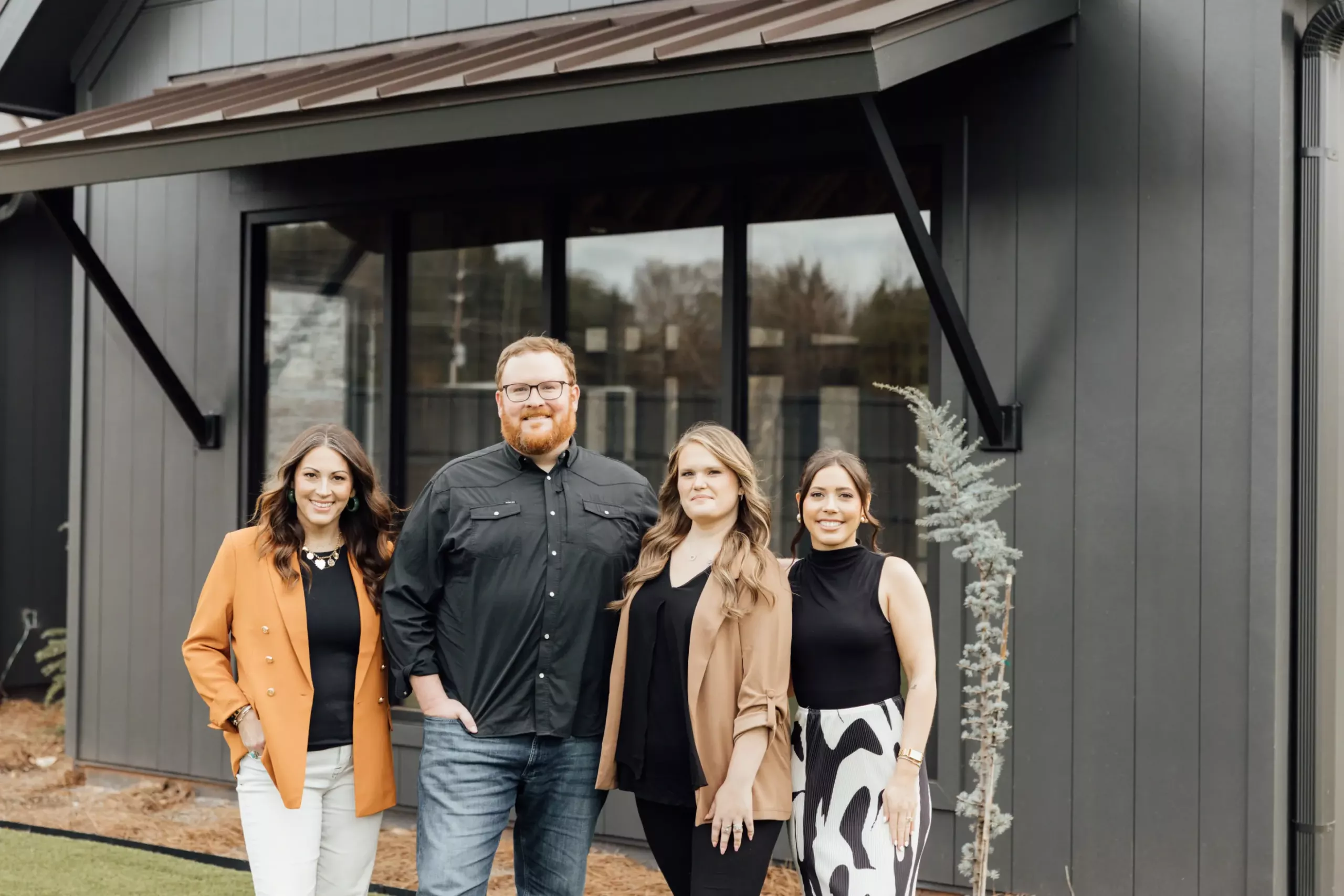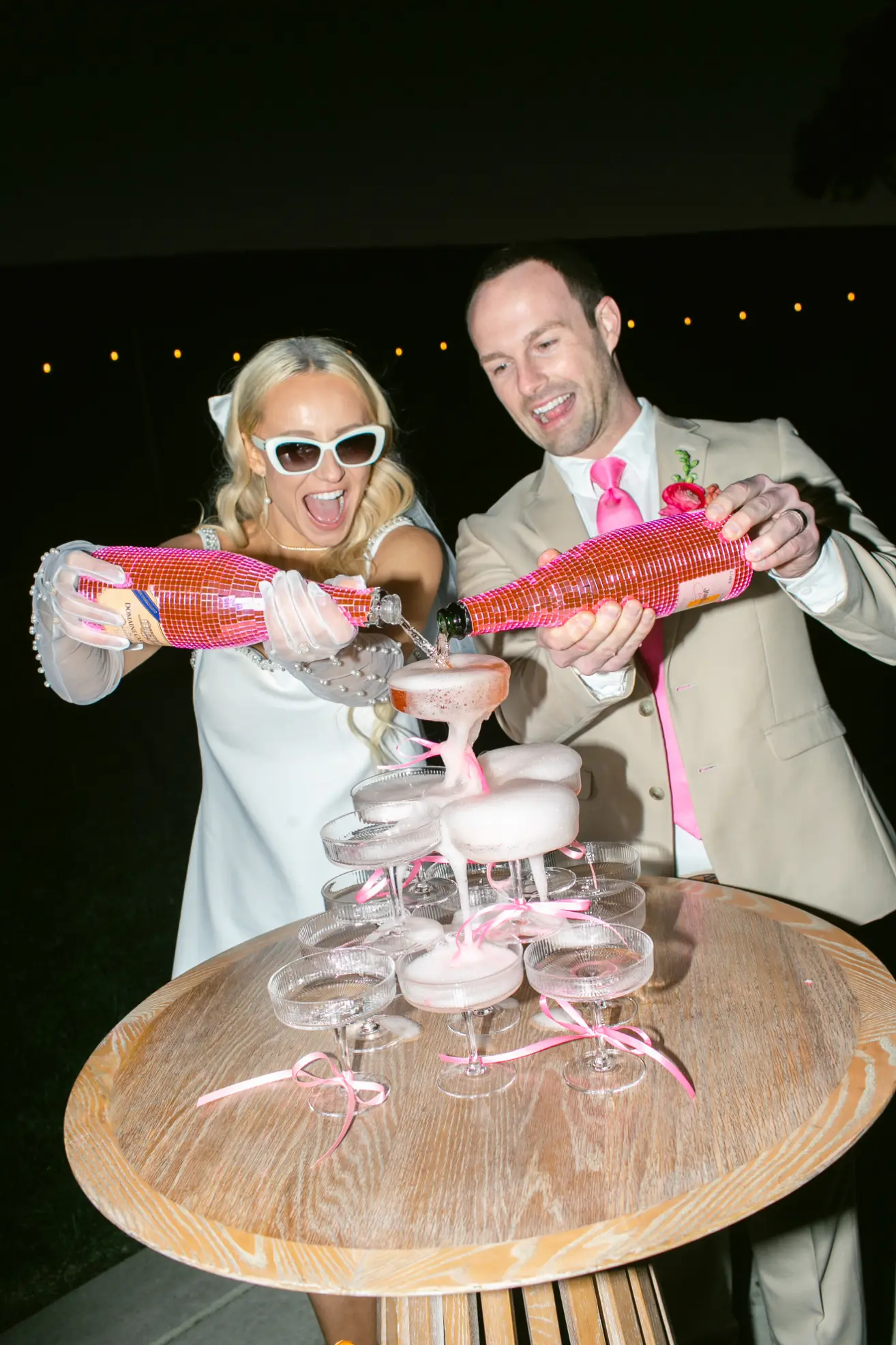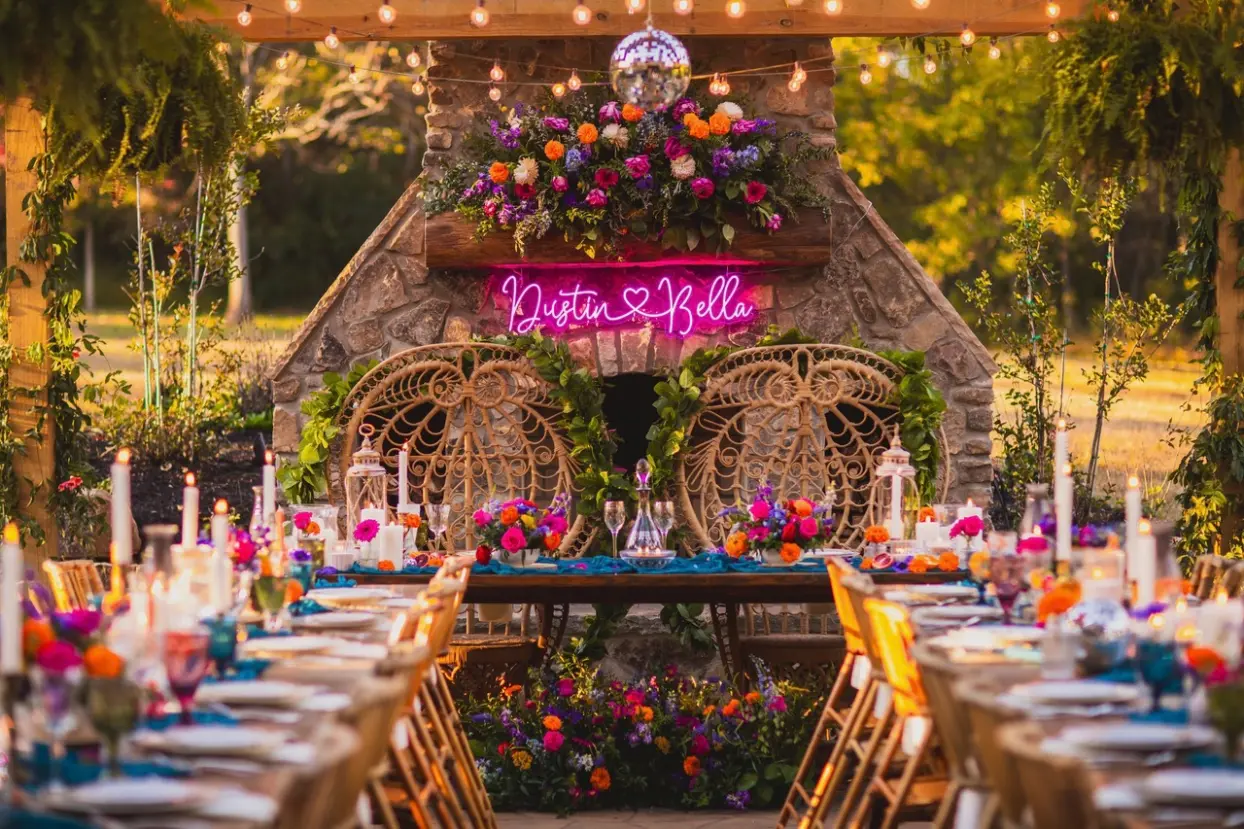What venue owners need to know about who’s actually covered
Hey venue friends,
We recently got a really good question from one of the venues we work with:
“If the couple buys event insurance, does that cover their vendors? And what if the couple or a family member is doing something like the catering themselves?”
Let’s break it down—because the answer depends on who’s doing what, and why.
Event Insurance Covers the Host—Not Vendors
Event insurance is meant to cover the couple as the host of the event. It’s a short-term liability policy that protects against unexpected mishaps—like someone slipping on spilled punch or damaging a rented chair.
But here’s the catch: it doesn’t cover outside vendors.
Once someone is brought in to do work for the event—like a caterer, florist, or DJ—and they’re operating as a business or being paid, they need their own insurance.
That includes:
- Professional vendors (with or without a business license)
- Friends or family members being compensated (even if it’s just a “thank-you” check or trade)
- Anyone handling food, setup, or alcohol who isn’t the named insured
What Is Covered? (DIY Catering Might Be!)
Here’s where it gets a little more flexible—and why the intent behind the work matters.
If the couple decides to cook their own food, or a family member prepares the meal as a personal favor (no payment or compensation), that’s still considered part of hosting the event. And in most cases, that type of DIY catering can be covered under the event policy, because it falls within the scope of what the host is responsible for.
✅ Covered example: Bride’s uncle volunteers to cook a taco bar and isn’t paid
🚫 Not covered example: Uncle runs a catering business and is providing food, even if for free
That’s the line—when the work starts looking like a business service, event insurance steps aside.
Why This Matters to You as a Venue
We’re not just thinking about insurance—we’re thinking about your experience.
If something goes wrong—whether it’s a food issue or a tent collapse—you don’t want to be in the middle of trying to sort out who’s responsible and who’s covered. Event insurance protects the couple as hosts, but vendors (even unpaid ones acting in a professional capacity) are expected to carry their own coverage.
What Venues Like You Are Doing
To keep things smooth and low-risk, here’s what we see working really well across the venues Nuptial supports:
- Clarify who qualifies as a vendor in your rental terms
- Require Certificates of Insurance (COIs) from all vendors performing services
- Ask about any DIY plans early so expectations are set
- Treat friend-vendors like regular vendors if money changes hands
Remember: if someone’s being paid or using their business skills at the event, they should bring their own insurance.
At Nuptial, we help wedding venues navigate these questions all the time so you can feel confident in what’s covered—and what isn’t. Not sure if something crosses the line into “vendor territory”? We’re always here to help you think it through.
Keywords for SEO: event insurance vs vendor insurance, DIY wedding catering, wedding venue vendor policies, host liability insurance, wedding event coverage,

